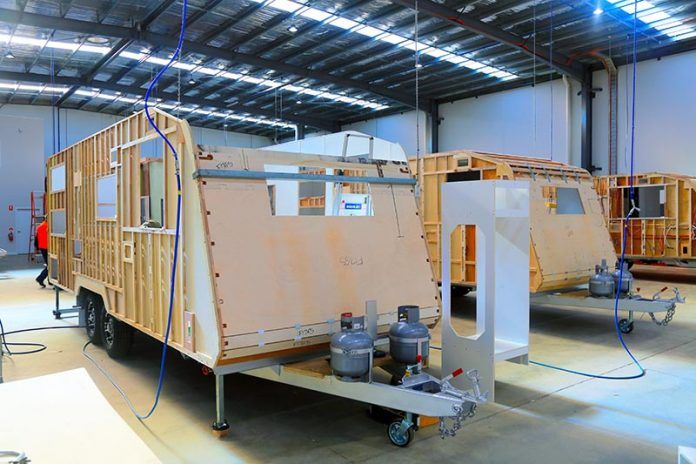Australia has a new regulatory framework governing the importation and local production of vehicles, including RVs of all types.
The Road Vehicle Standards Act 2018 (RVSA) passed the Australian Senate on November 27, which was quickly welcomed by the Caravan Industry Association of Australia.
The association’s CEO, Stuart Lamont, said the legislation would ensure “safer caravanning products for Australians and provide better conditions for industry businesses currently burdened with competing with cheap imported product which in many cases do not meet the tough Australian Standards and Design Rules designed to cater for Australian caravanning conditions”.
The RVSA will replace the the Motor Vehicle Standards Act 1989. Among its provisions, the RVSA prohibits the importation in Australia of vehicles that do not comply with national road vehicle standards (except in limited circumstances), and establishes the Register of Approved Vehicles. All vehicles must be listed on this register before they can be introduced to the Australian market.
“Australians will be better protected through the strengthening of the laws governing all vehicles, including trailers in the Australian market, through the Act. Increased powers for the government to bring penalties on businesses doing the wrong thing are also welcomed,” Mr Lamont said.
“The RVSA will provide much safer and compliant caravans and campers, as well as other light trailers, while maintaining consumer choice of products manufactured locally as well as those sourced overseas.”
He said the new legislation would also ensure better identification of caravans and other RVs as well as a consistent approach to both locally manufactured and imported products.
“Importantly, it will also see improved enforcement provisions surrounding what is already one of the toughest compliance standards globally within the industry,” he said.
“As an industry we are committed to being heavily involved in the RVSA roll-out, and are participating in the four consultation groups formed by the government to provide feedback on all aspects of the proposed methods of implementation.”






